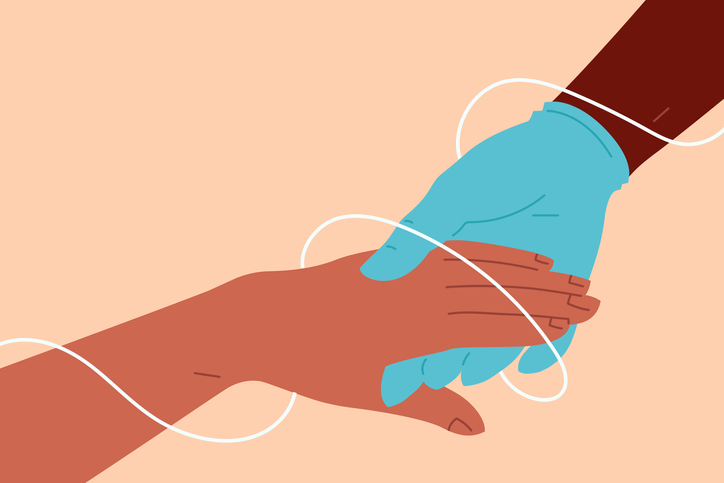In honor of National Hispanic Heritage Month, we are recognizing the outstanding work of those who advanced the medical field.
Dr. Helen Rodríguez Trías
Dr. Helen Rodríguez Trías was a public health expert and women’s rights activist. She served as the first Latina director of the American Public Health Association. Her understanding of how social and economic inequality shapes people’s health guided her career.
Severo Ochoa
Severo Ochoa was a biochemist and molecular biologist who received the 1959 Nobel Prize for Physiology or Medicine for the discovery of an enzyme in bacteria that enabled him to synthesize ribonucleic acid (RNA), a substance of central importance to the synthesis of proteins by the cell.
Ildaura Murillo-Rohde
Ildaura Murillo-Rohde was a Panamanian nurse, professor, academic, tennis instructor, and organizational administrator. She founded the National Association of Hispanic Nurses in 1975.
Murillo-Rohde specialized in psychiatric nursing and held academic appointments at several universities. She was a World Health Organization consultant to the government of Taiwan and was named a Permanent UN Representative to UNICEF for the International Federation of Business and Professional Women.
She was named a Living Legend of the American Academy of Nursing in 1994.
Julio Frenk
Julio Frenk is a fourth-generation Physician whose paternal grandparents fled Germany in the early 1930s to build a new life in Mexico, Julio Frenk catalyzed his deep gratitude for the kindness of strangers into a lifelong mission to improve the health, education, and well-being of people around the world.
Julio Frenk is currently serving as president of the University of Miami. He is the university’s first Hispanic president.
According to AAMC, Frenk also served as dean of the Harvard T.H. Chan School of Public Health from 2009 to 2015. There, he encouraged faculty and students to address what he identified as the world’s greatest health threats: poverty and humanitarian crises, failing health systems, social and environmental dangers — and pandemics.
Jane L. Delgado
Jane L. Delgado is a Cuban-American clinical psychologist, health care advocate, non-profit executive, and author. She is president and CEO of the National Alliance for Hispanic Health. She is the author of The Buena Salud Guide book series and The Latina Guide to Health.
Antonia Novello
Antonia Novello is a dedicated public health advocate. She made history as the first female and first Hispanic U.S. Surgeon General in 1990. Novello has led several major public health campaigns in her efforts to improve health conditions and access to medical care, especially for women, children, and minority populations.
Juan Carlos Caicedo
Dr. Caicedo is the director of the Hispanic Transplant Program at Northwestern Memorial Hospital, the first known program of its kind in the U.S. A team of more than 50, including bilingual physicians, social workers, a financial coordinator, a clinical research coordinator and other support staff, offers patients individualized, culturally sensitive care.
Carlos J. Finlay
Carlos J. Finlay was a Cuban epidemiologist who discovered that yellow fever is transmitted from infected to healthy humans by a mosquito. Although he published experimental evidence of this discovery in 1886, his ideas were ignored for 20 years.
José Celso Barbosa
José Celso Barbosa was a Puerto Rican physician, sociologist and political leader. Known as the father of the statehood movement in Puerto Rico, Barbosa was the first Puerto Rican, and one of the first persons of African descent to earn a medical degree in the United States.
After his return to the island in 1880, Barbosa made many contributions to medicine and public health. He initiated an early form of health insurance, encouraging employers to pay a fee to cover future needs of their employees. In 1900 Barbosa was among the first five Puerto Rican leaders appointed to the Executive Cabinet under Governor Charles H. Allen, in the first civilian government organized by the United States. He served in the Cabinet until 1917. From 1917–1921, Barbosa served in the first elected Puerto Rican Senate.


